Understanding pronouns is essential in today’s diverse and inclusive environment. Pronouns go beyond our names and are integral to how we express our identities. They are key in showing respect for each other’s unique identities. Here are 15 crucial facts to help you stay informed and respectful in your interactions.
1. Pronouns Express Identity

Pronouns are used in place of a person’s name and are a key part of expressing one’s identity. They help communicate how someone perceives themselves and wish to be recognized by others.
2. They Are Not Always Linked to Biological Sex
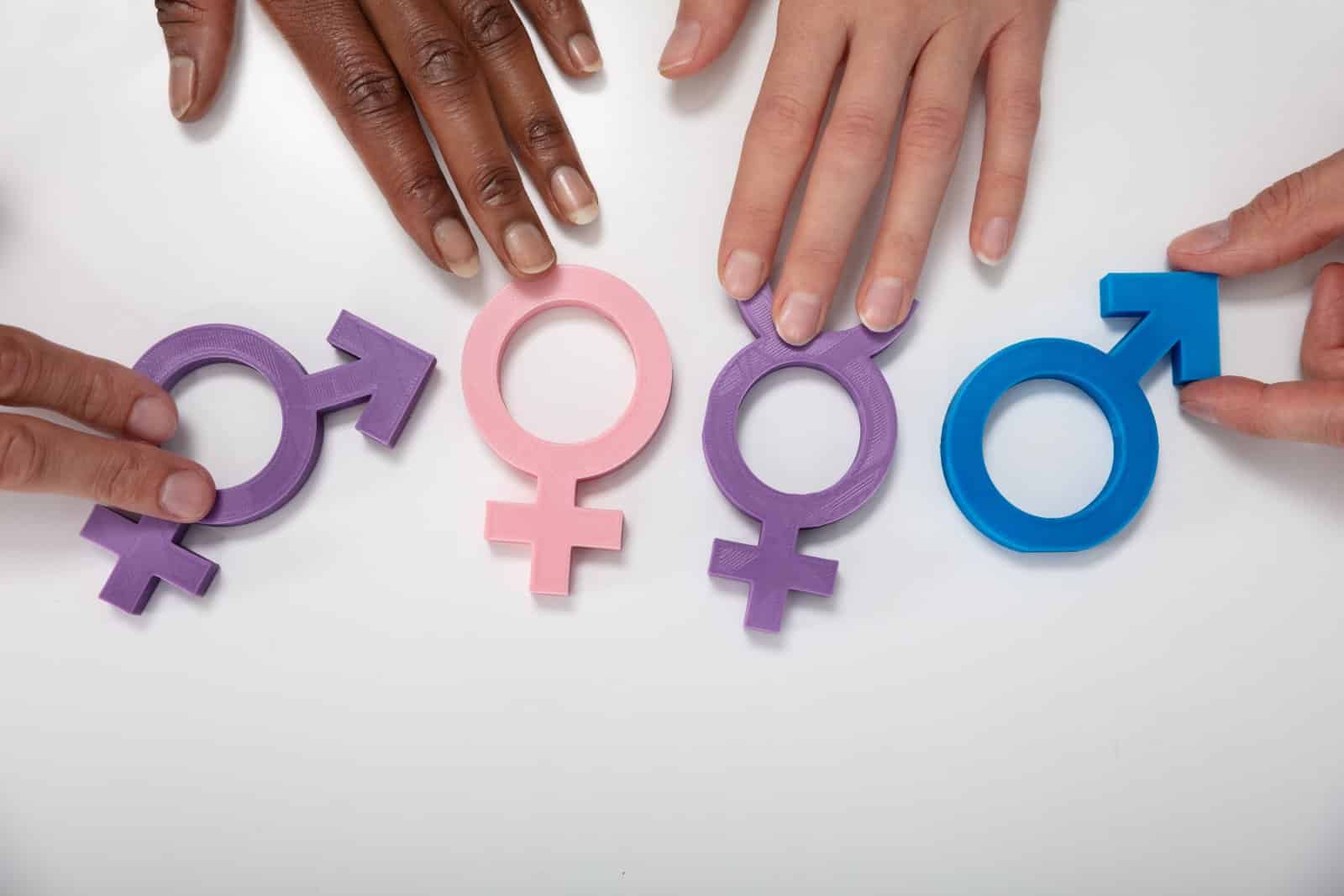
Pronouns do not necessarily correspond to a person’s biological sex. Instead, they can reflect a person’s gender identity, which may be different.
3. A Variety of Pronouns
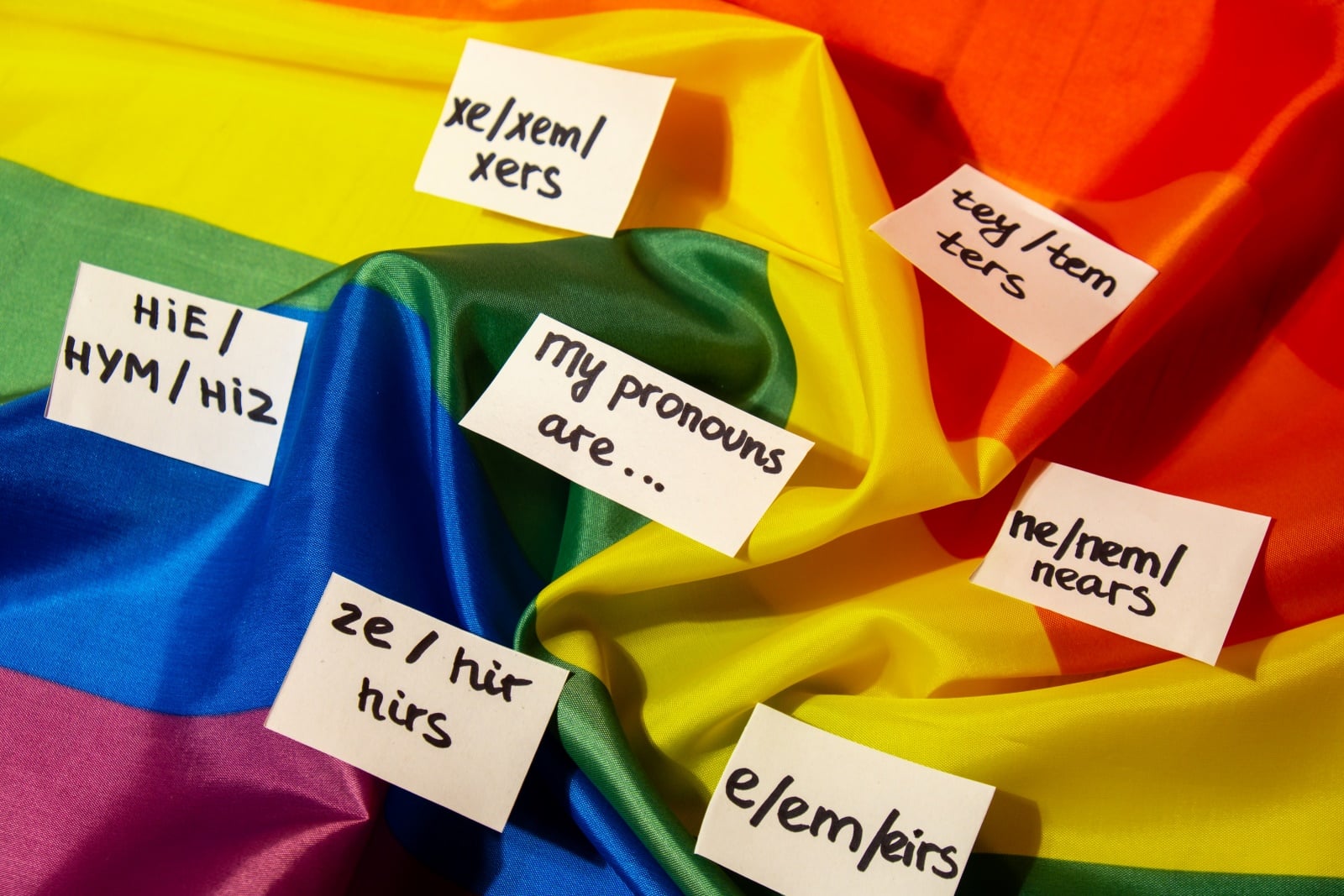
Beyond “he” and “she,” there are non-binary pronouns such as “they/them,” “ze/hir,” and others that individuals might use.
4. “They” as a Singular Pronoun

The singular “they” has been used for centuries and is grammatically correct. It’s useful for referring to someone whose gender is unknown or prefers “they/them” pronouns.
5. Always Ask for Pronouns
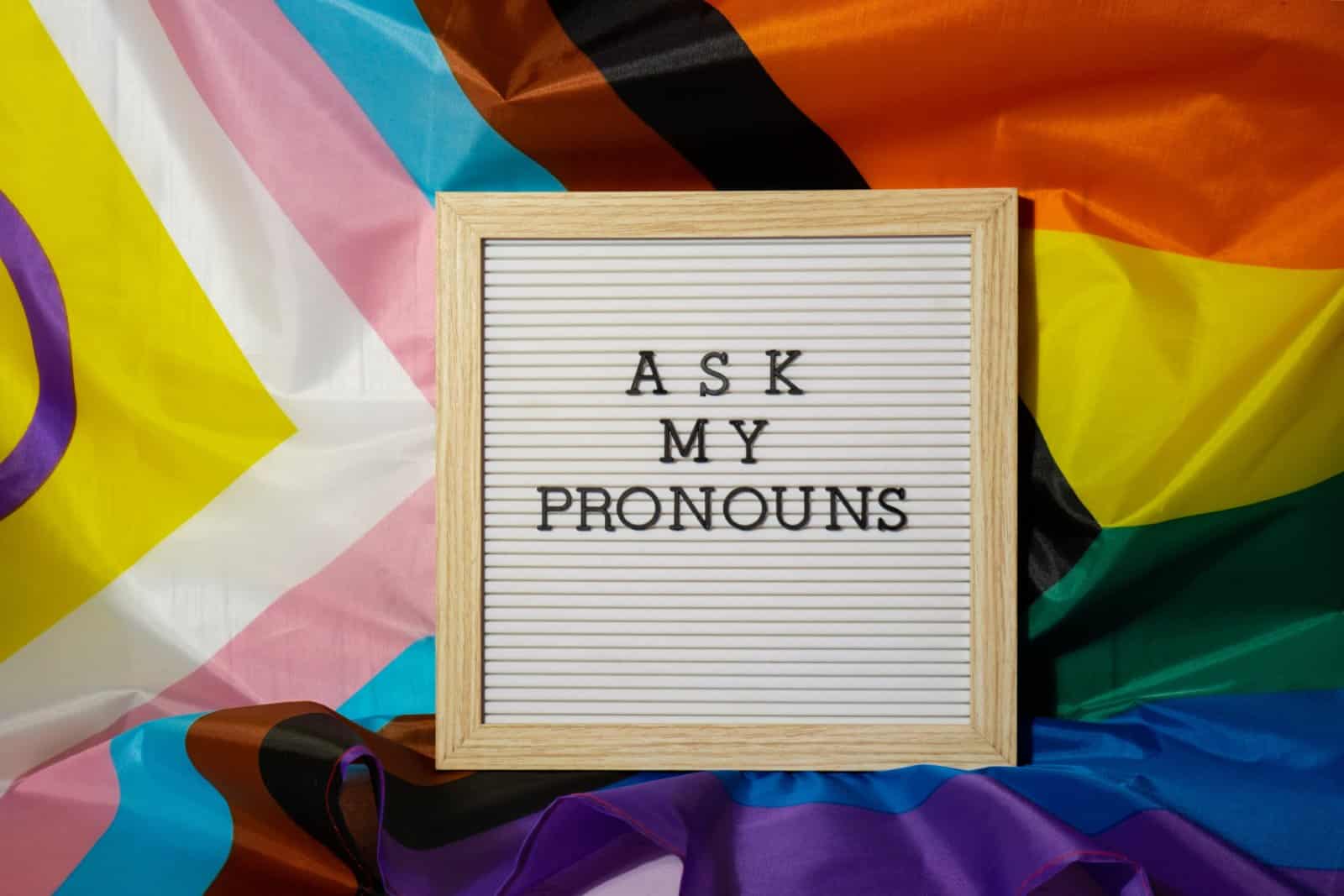
It’s respectful to ask for someone’s pronouns instead of assuming based on appearance or name. This practice fosters inclusivity and respect.
6. Pronouns Can Change

People’s pronouns can change over time as they discover more about their gender identity. It’s important to stay updated and respectful of these changes.
7. Mistakes Happen, Apologize and Move On

If you use the wrong pronoun, apologize quickly, correct yourself, and move on. Dwelling on the mistake can make the situation more uncomfortable.
8. Pronouns in Professional Settings

Many workplaces encourage sharing pronouns in email signatures and meetings to promote inclusivity and prevent misgendering.
9. Pronoun PINs and Badges

Pronoun pins, badges, or stickers are popular ways individuals share their pronouns in social settings to avoid assumptions.
10. Legal Recognition Is Growing

Some regions are beginning to legally recognize non-binary and gender-neutral pronouns, reflecting changing societal norms and greater inclusivity.
11. Inclusive Language Matters

Using someone’s correct pronouns is part of using inclusive language, which helps create environments where everyone feels welcomed and respected.
12. Educational Resources Are Available

Numerous resources, from websites to workshops, are available to educate oneself about pronouns and gender diversity.
13. Pronouns in Different Cultures

Different cultures have unique ways of understanding and expressing gender, which can influence pronoun use and preferences.
14. Pronouns and Online Platforms

Social media platforms and professional networks increasingly offer options to include pronouns in user profiles, enhancing visibility and respect for all users.
15. Your Approach Can Make a Difference
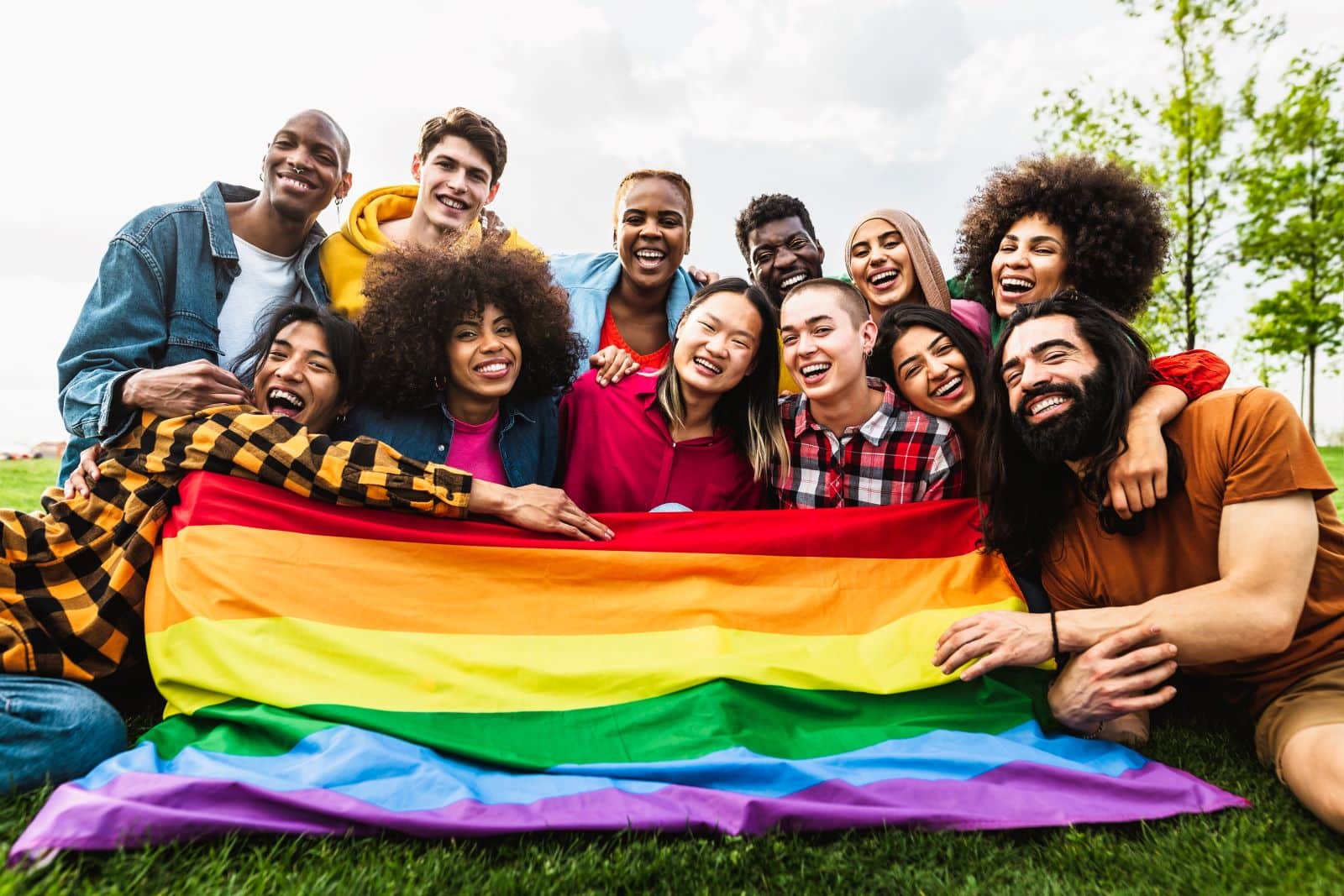
Being proactive in learning about and using correct pronouns can significantly impact the well-being and acceptance of those around you.
The Power of Pronouns
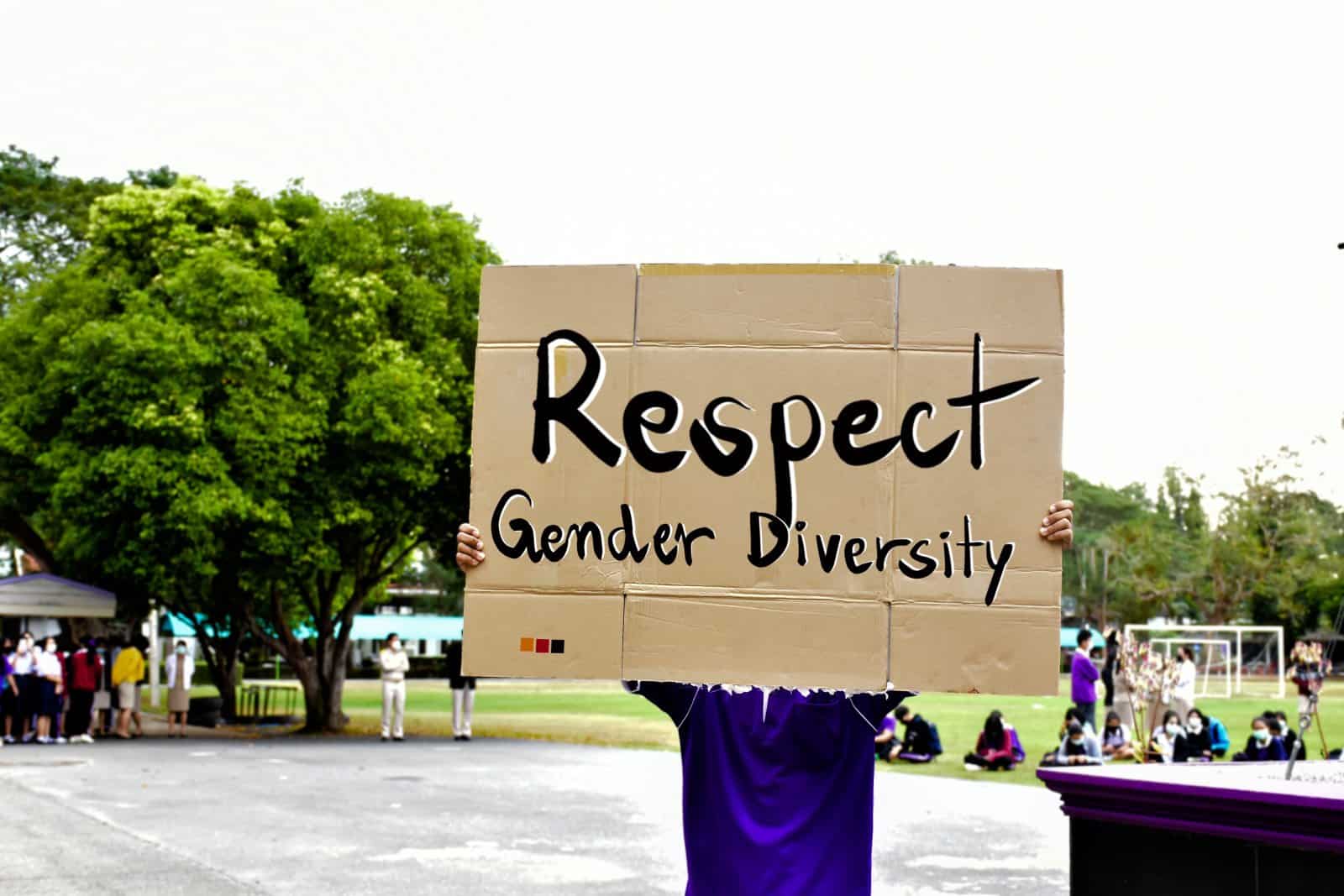
Pronouns are more than just words; they are a fundamental aspect of our identities and how we interact with the world. By understanding and respecting each person’s chosen pronouns, we contribute to a more inclusive and empathetic society. Let’s embrace this knowledge and lead with respect and kindness.
More Articles Like This…
Broken Britain: 12 Reasons Behind the UK’s Decline
Say the Unsayable: 10 Occasions When Farage Spoke His Mind About Britain
The post Gender-Pronouns: 15 Ways to Avoid Misidentifying first appeared on Edge Media.
Featured Image Credit: Shutterstock / Natalia Deriabina.
For transparency, this content was partly developed with AI assistance and carefully curated by an experienced editor to be informative and ensure accuracy.

